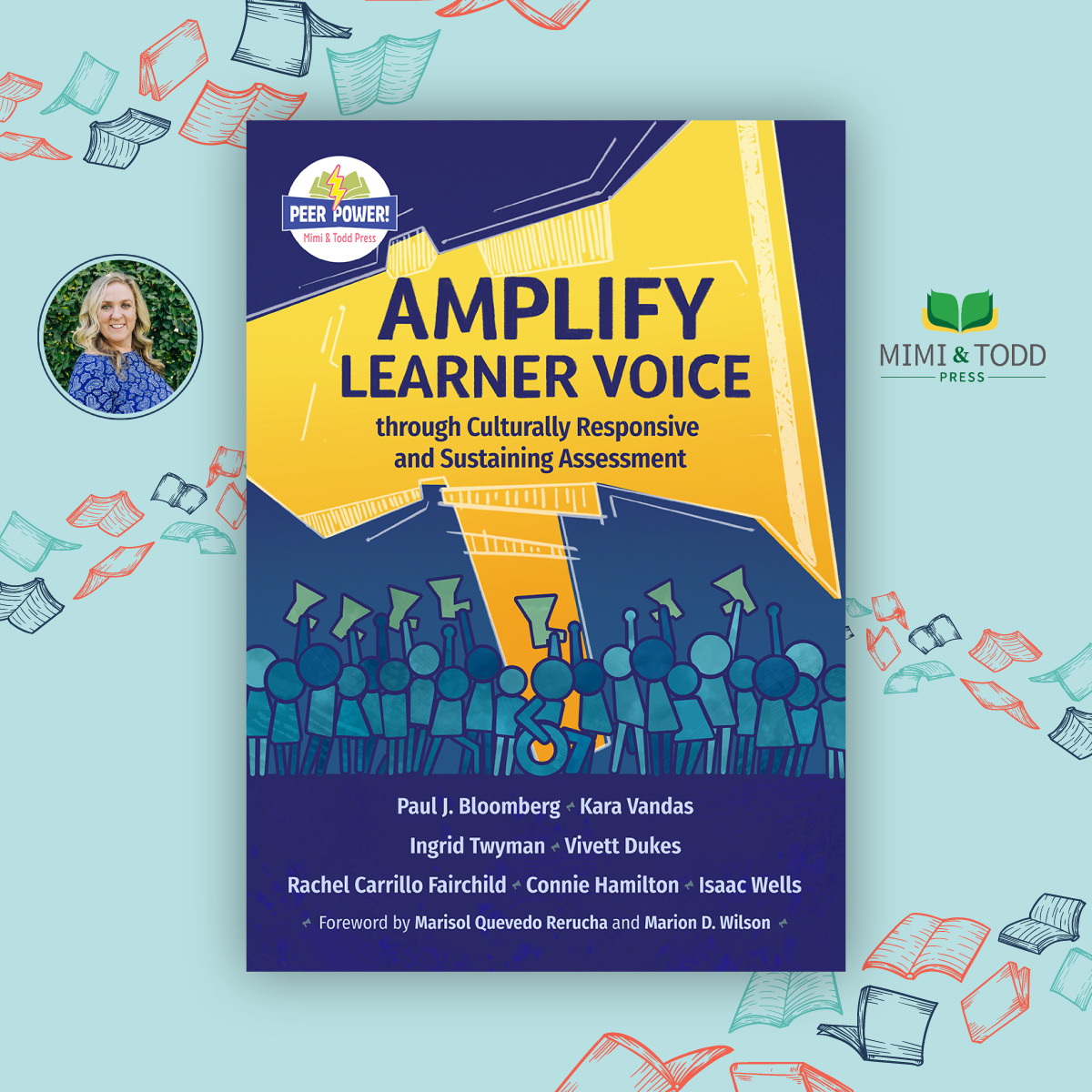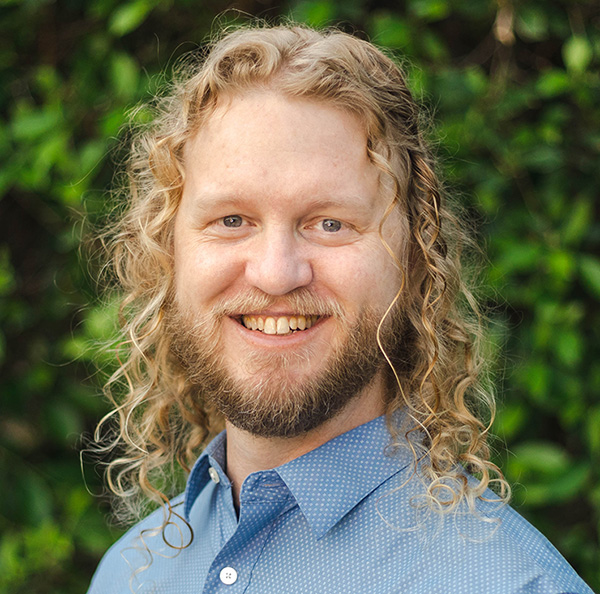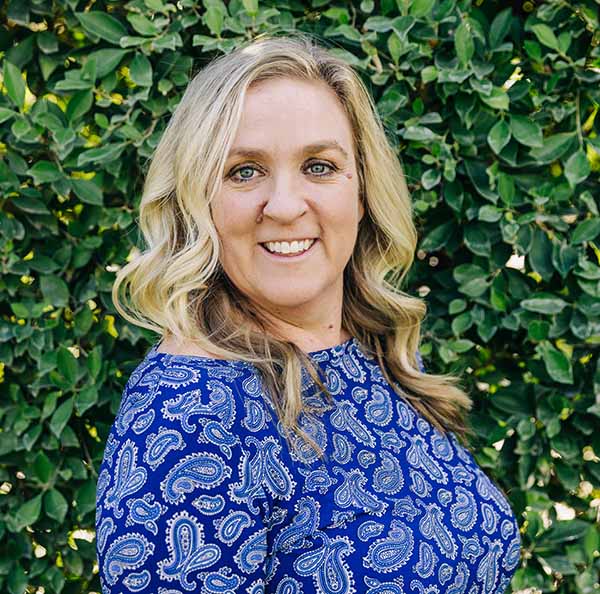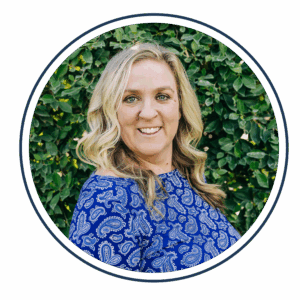 At Mimi & Todd Press, we publish and market authors who are making a difference, have a story to tell, and are making an impact. We are proud to feature authors who are both thought leaders and practitioners dedicated to creating real change in schools. In this author spotlight, we sit down virtually with Dr. Ingrid Twyman, co-author of Amplify Learner Voice through Culturally Responsive and Sustaining Assessment, to talk about the ideas, routines, and clarity that drive deeper learning in every classroom.
At Mimi & Todd Press, we publish and market authors who are making a difference, have a story to tell, and are making an impact. We are proud to feature authors who are both thought leaders and practitioners dedicated to creating real change in schools. In this author spotlight, we sit down virtually with Dr. Ingrid Twyman, co-author of Amplify Learner Voice through Culturally Responsive and Sustaining Assessment, to talk about the ideas, routines, and clarity that drive deeper learning in every classroom.
You will find this interview grounded in purpose and full of insight. Dr. Twyman shares how shifting from assessment to students toward assessment with students can reshape relationships, build trust, and drive equity. Through honest reflection, practical wisdom, and the story behind the Culturally Responsive-Sustaining Formative Assessment Framework, this conversation invites us to rethink our assumptions and reimagine what student voice really means in everyday practice.
Stay tuned for more interviews in our Mimi & Todd Press Author Series, where we go beyond the page to explore the passion, strategy, and story behind each book.
Inspiration and Purpose for Writing
Q: What pivotal experience or insight motivated you to write this book, and what impact do you hope it has on educators and learners?
A: My work has always been around culturally responsive education and I loved learning about all the expertise that Paul (Bloomberg) and other colleagues at TCC had around formative assessment . . . When we started our discussions about the intersection of the two bodies of research, we found so many interesting connections that it made sense to create an educator-friendly guide for rethinking how we gather data about our students, with an asset-based lens, to inform our instruction.
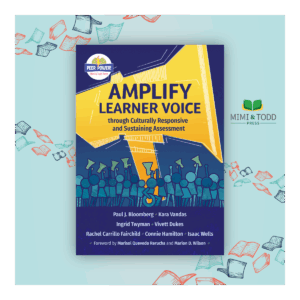 Amplifying Learner Voice
Amplifying Learner Voice
Q: How does your work challenge traditional views regarding how learning happens in school? What are the long-term goals and possibilities of this shift?
A: Traditional schools often prioritize order, compliance, and standards.
Amplify Learner Voice shifts the focus to student agency, enabling learners to set goals, develop their learner identities, and make informed choices about how and what they learn. Instead of positioning the teacher as the sole authority, this work recognizes students as co-creators of the learning process, disrupting the hierarchy and creating space for reciprocal learning. Centering student voice honors the diverse backgrounds, experiences, and identities learners bring to the classroom, challenging traditional assessment models that often ignore or erase these perspectives.
Navigating Complexity
Q: You were a part of this collaborative project from the beginning. What was the most surprising challenge you encountered while writing Amplify and how did it deepen your understanding of the subject matter?
A: One challenge was balancing different perspectives with coherence across the multiple (7) co-authors. This challenge forced me to sit with discomfort, let go of the urge to “make everything fit”, and recognize that complexity is the very essence of equity work. It also reinforced that the work of amplifying learner voice goes beyond just tools or strategies—it requires a mindset shift rooted in humility, asset-based pedagogy, and continuous reflection.
For example, when we received some early feedback and came to a crossroads, we had some deep conversations about what was truly driving our work and realized we needed something to pull all our ideas together. This is when we came up with the “Culturally Responsive-Sustaining Formative Assessment Framework” (see the image below) and were able to learn more deeply from each other and connect each of our pieces to a common, unifying structure.
Personal Growth Through Writing
Q: In what ways did the process of writing this book influence your own beliefs about teaching, learning, and/or leadership?
A: I entered the process thinking I had a solid grasp on student-centered learning. But as I listened to stories from colleagues and students, I realized how often even well-intentioned systems unintentionally silence or shape student voice to fit adult agendas.
As a leader, it made me reflect on my role, not to be a visionary with all the answers, but as a facilitator who creates the conditions for others to learn and lead. Writing this book collaboratively was an incredible learning experience that made me more humble, more curious, and more committed to building systems that honor the full humanity of every learner by utilizing a culturally responsive lens.
Advice for Educators
Q: If educators could take just one key idea from your book to immediately transform their practice, what would it be, and why?
A: Too often, schools ask students what they think, but nothing truly changes. When educators engage in assessment “with” kids instead of “to” kids and listen with the willingness to adapt to students’ needs, they model vulnerability, build trust, and create a culture where students feel their ideas matter. This one mindset shift can radically alter relationships, engagement, and equity in any classroom.
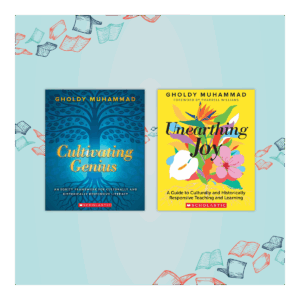 What is Ingrid reading?
What is Ingrid reading?
Q: What are you currently reading for work or pleasure that you would recommend and why?
A: I am currently re-reading Gholdy Muhammad’s Cultivating Genius and Unearthing Joy. Both have been seminal in my development as a leader and consultant and I wanted to revisit them again before the school year begins. I recommend both, starting with Cultivating Genius (the first book) to gain a strong foundational framework for how to practically implement a Culturally Responsive-Sustaining Education. The five pursuits (Identity, Skills, Intellectualism, Criticality, and Joy) help teachers “rethink” their existing curriculums and lessons to have a greater purpose and relevance to our students’ lived experiences. Additionally, the pursuits can be implemented across disciplines and create a sense of unity among educators.
Thanks to Ingrid from all of us at MTP and tune in next month to hear from another of our amazing authors.
Ready to read? Pick up a copy of Dr. Twyman’s book Amplify Learner Voice through Culturally Responsive and Sustaining Assessment and make a meaningful shift in how assessment supports learning for all of your students!
Visit Mimi & Todd Press for more innovative, practical books dedicated to improving teaching and learning.


